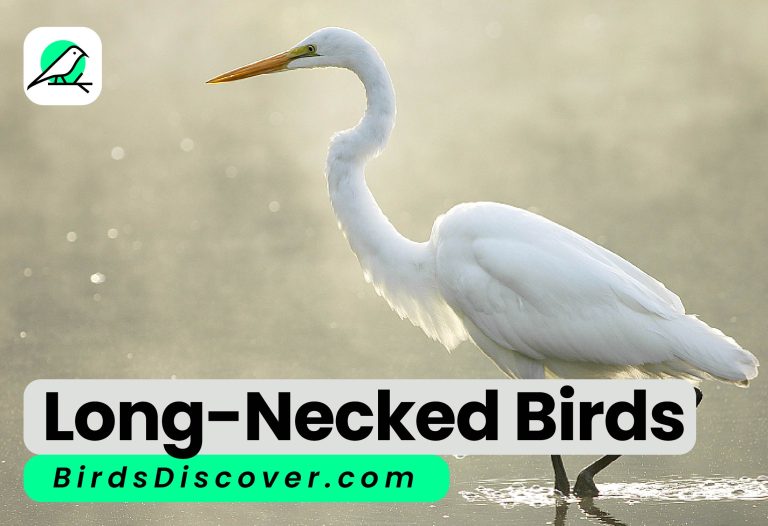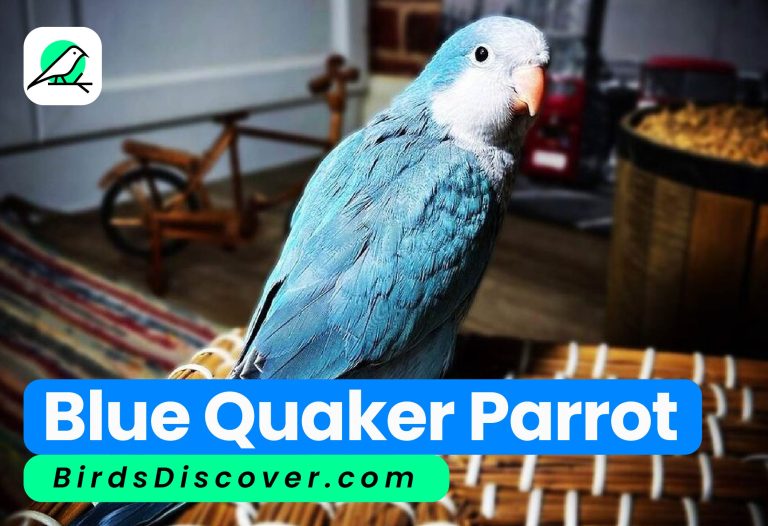Why Feeding Hummingbirds Is More Than Just a Hobby
Description:
Feeding hummingbirds goes beyond being a delightful pastime; it has significant ecological, educational, and personal benefits. Discover how this simple act contributes to local ecosystems, enhances your connection with nature, and provides valuable learning opportunities. Explore why engaging with these remarkable birds is a meaningful and impactful experience.
Facts Table
| Aspect | Details |
|---|---|
| Species | Includes Ruby-throated, Anna’s, Black-chinned, and many more |
| Typical Feed | Sugar-water solutions, often with a ratio of 1:4 (sugar to water) |
| Feeding Frequency | Regular feedings every 1-2 days to ensure freshness |
| Nectar Composition | Mimics natural nectar found in flowers, primarily sucrose |
| Seasonal Presence | Varies by region; typically during spring and summer in temperate areas |
Pros and Cons of Feeding Hummingbirds
Pros:
- Supports Local Ecosystems: By providing a reliable food source, you help support local hummingbird populations, especially during migration periods or when natural food sources are scarce.
- Enhances Biodiversity: Attracting hummingbirds to your garden can boost local biodiversity, as they are crucial pollinators for many flowering plants.
- Educational Opportunities: Observing hummingbirds up close offers unique educational opportunities for children and adults alike, fostering a deeper understanding of bird behavior and ecology.
- Personal Enjoyment: The sight of these vibrant, agile birds can be a source of joy and relaxation, enriching your outdoor experience and connection with nature.
- Contributes to Research: Data on feeding patterns and bird behavior from backyard feeders can contribute to citizen science projects and research on hummingbird populations and migration.
Cons:
- Maintenance Requirements: Regular cleaning and refilling of feeders are necessary to prevent mold growth and bacterial contamination, which can be time-consuming.
- Attracts Pests: Feeders may attract ants, bees, and other insects, which can be problematic and require additional management.
- Dependency Risks: Over-reliance on feeders might cause hummingbirds to become less adept at foraging for natural food sources.
- Cost: Continuous supply of sugar and cleaning supplies can incur ongoing costs.
Conclusion
Feeding hummingbirds is far more than just a hobby; it plays a vital role in supporting local ecosystems, enhancing biodiversity, and providing educational and personal benefits. By maintaining feeders, you contribute to the well-being of these remarkable birds and gain a deeper appreciation for the natural world. Whether you’re drawn to their beauty or the ecological impact, the act of feeding hummingbirds enriches both your life and the environment.
FAQs
How often should I clean my hummingbird feeder?
Hummingbird feeders should be cleaned thoroughly every 3-4 days, or more frequently in hot weather, to prevent mold and bacterial growth. Always use hot water and a mild detergent, and rinse thoroughly.
What is the best way to make hummingbird nectar?
The best way to make hummingbird nectar is to mix 1 part white granulated sugar with 4 parts water. Boil the mixture for a few minutes to ensure the sugar dissolves completely, and let it cool before filling the feeder.
How can I keep ants and bees away from my hummingbird feeder?
To deter ants, use ant moats or baffles around the feeder. For bees, ensure the feeder is clean and that there are no spilled nectar around it. You can also use feeders with built-in bee guards.
Do hummingbirds migrate, and how does feeding help?
Yes, many hummingbird species migrate seasonally. Providing a reliable food source during migration helps them maintain energy levels for their long journeys and ensures they have enough sustenance to reach their destinations.
Can I use colored nectar or artificial sweeteners in my feeder?
It’s best to avoid using colored nectar or artificial sweeteners. The red dye in commercial nectars can be harmful to hummingbirds, and artificial sweeteners do not provide the necessary energy they need. Stick to plain white granulated sugar and water for the safest nectar solution.



